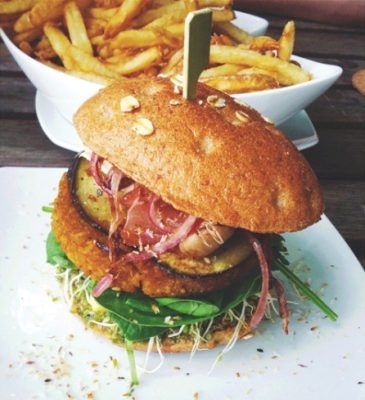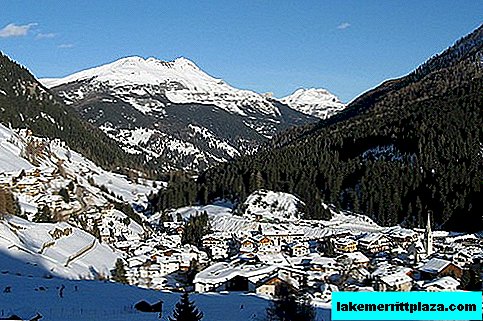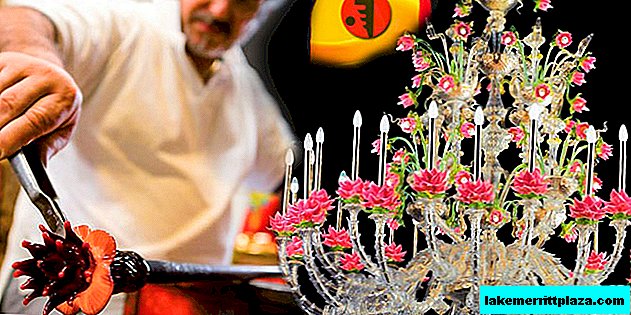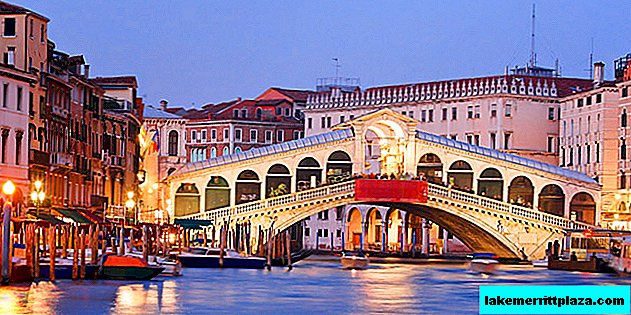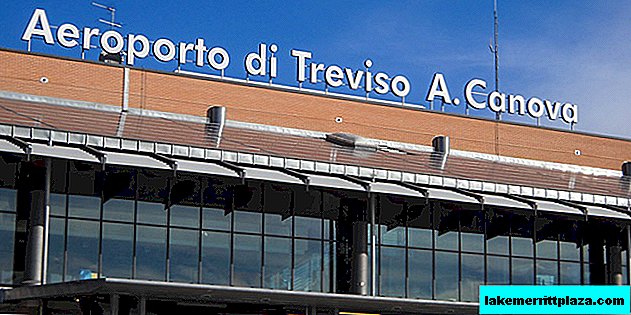Wheeled stores have a very long history. They first appeared back in 1872. The prototypes of modern trucks that sell a variety of goods and dishes are horse drawn carts selling sausages. Today, in the United States of America alone there are more than 20 thousand mobile stores where everyone can buy almost any dish: from hamburgers to milkshakes.
Fast, cheap and convenient: it is these three factors that determine the profitability of the owners of such stores, which are also known as FoodTruck. They can be found in almost any country: in Japan, in the UK, in Denmark and, of course, in Italy. You can personally verify how popular this type of fast food has become at the first European festival of stores on wheels Streeat (www.facebook.com/StreeatFoodTruck), which will be held in Milan from May 30 to June 1, 2014.

For three days, the Steam Factory (Via Procaccini / Via Luigi Nono 7, la Fabbrica del Vapore) will turn into a huge exhibition in the open air, which will accommodate about 20 trucks with food. Entrance to the Factory will be free, so every resident and guest of Milan will be able to take a unique opportunity to try different dishes from shops from different countries. The best masters of Italian fast food are ready to demonstrate everything that they are capable of. Delicious stuffed olives, lasagna melt in your mouth, amazing Neapolitan pizza ... And this is far from the whole festival menu.

However, the organizers made sure that the guests of Streeat did not get bored while enjoying the creations of European street food gurus. Within the framework of the festival, concerts and performances will be organized, as well as various seminars in which famous chefs and owners of large fast food chains will take part. The festival will also be attended by two graduates from the University of Gastronomic Sciences of the city of Pollenzo (www.unisg.it), Gianluca Capedri and Federico Trotta, who owned the idea of holding this festival.
The organizers of the amazing event believe that the street food festival will help Italians learn more about fast food, as well as dispel some stereotypes.
Gianluca Capedry told what exactly inspired him and Federico Trotta to translate their ideas into reality. “We drew inspiration from existing festivals dedicated to this topic. As you know, shops on wheels have gained immense popularity throughout Europe, America and Australia, they are part of the gastronomic culture.

That is why there are many festivals dedicated to them. We studied events that appeal to everyone, children and the elderly. youth and couples. Federico and I accidentally met and thought: “Why can't young connoisseurs of gastronomic culture organize such a festival here in Milan?” And now we are working on it. ”

Capedry also said that the shops on wheels, which will stop for three days in Milan, were worn all over the country. Most of them will come from the Emilia Romagna region and other northern parts of Italy. The organizer did not hide the details of the upcoming event, willingly sharing almost all the highlights of the Streeat festival.
“This festival is mainly dedicated to the quality of street food, but there are other nuances. There will be presentations of books devoted to this topic, master classes on cooking various dishes, tastings and much more. ”


